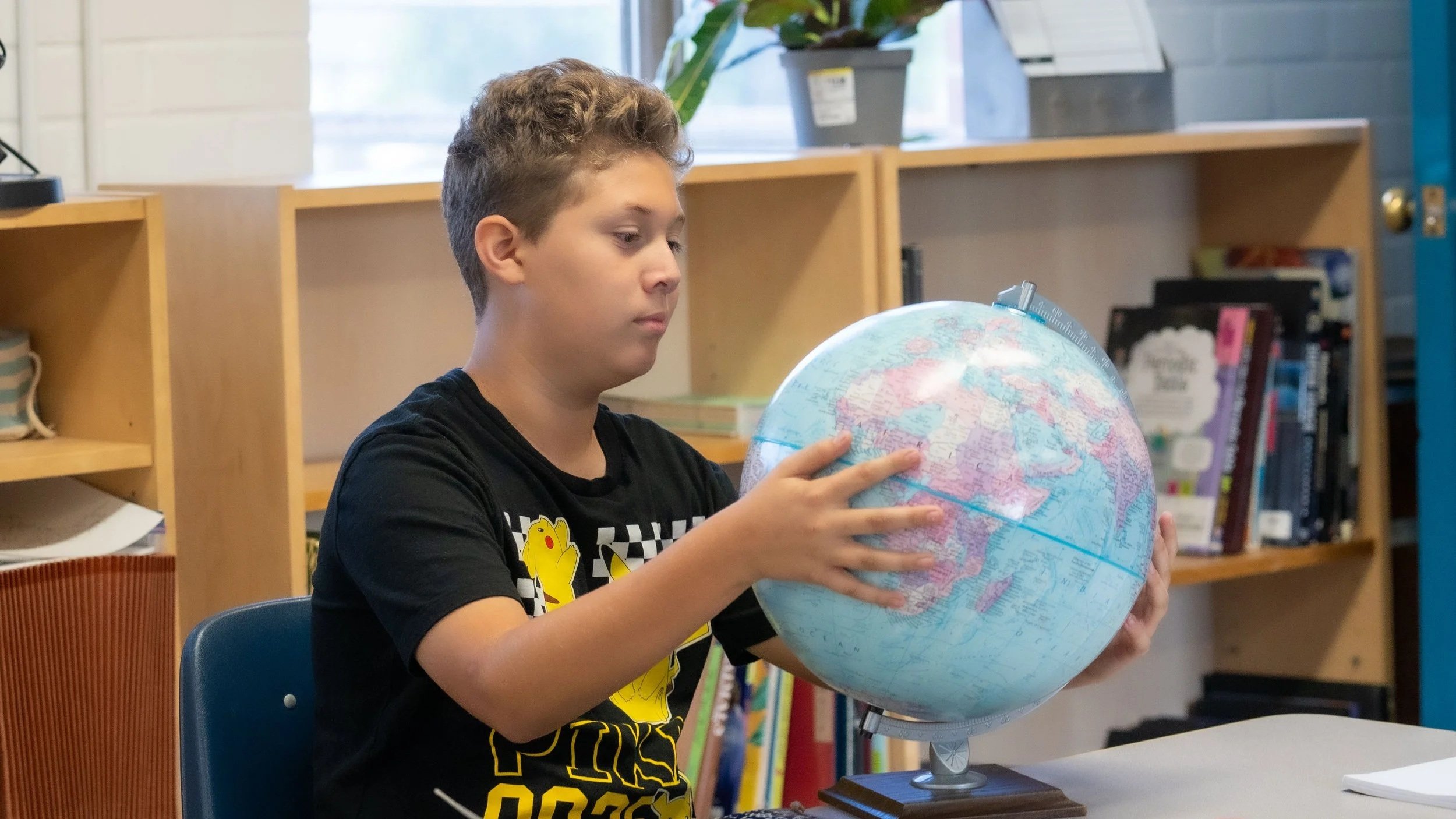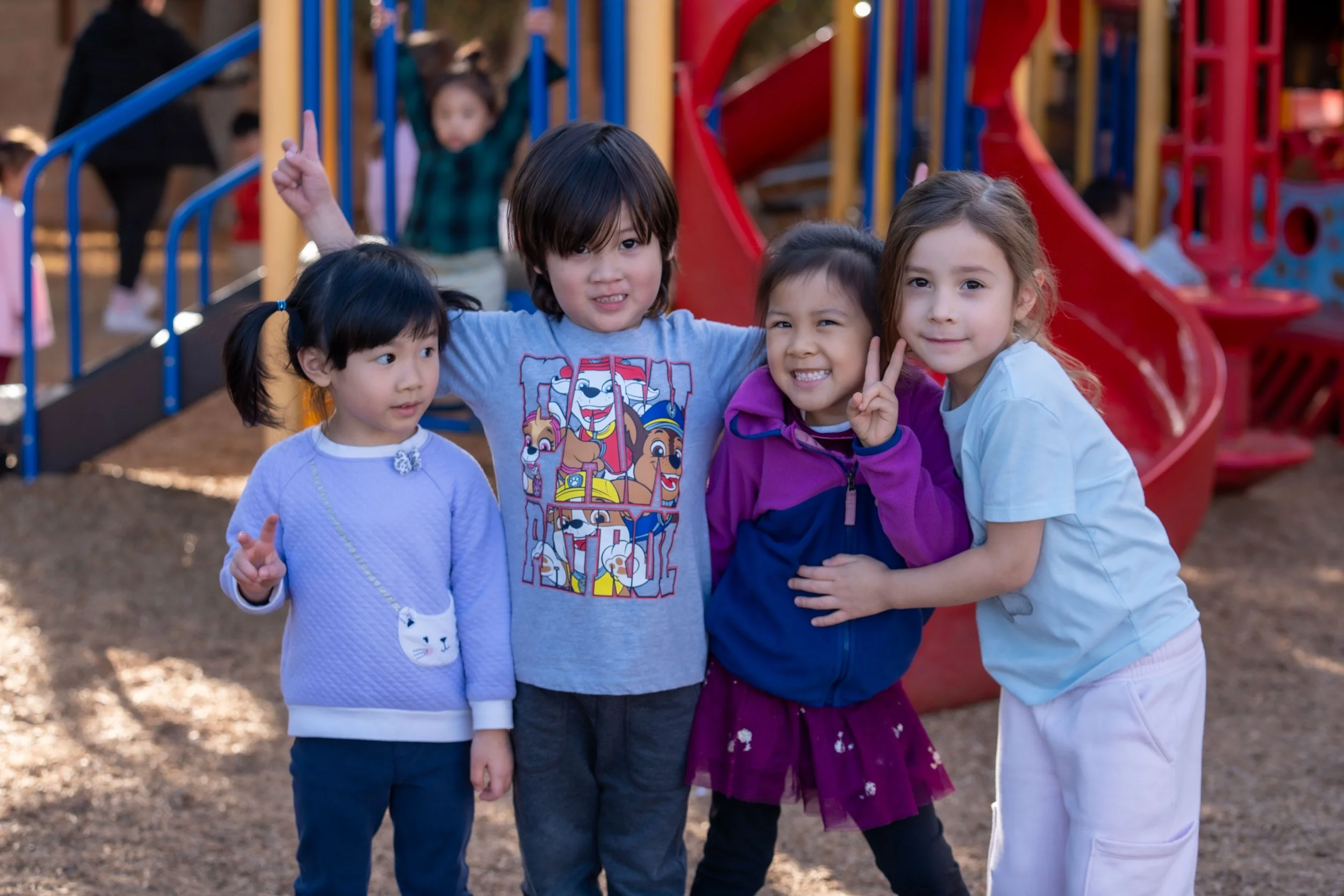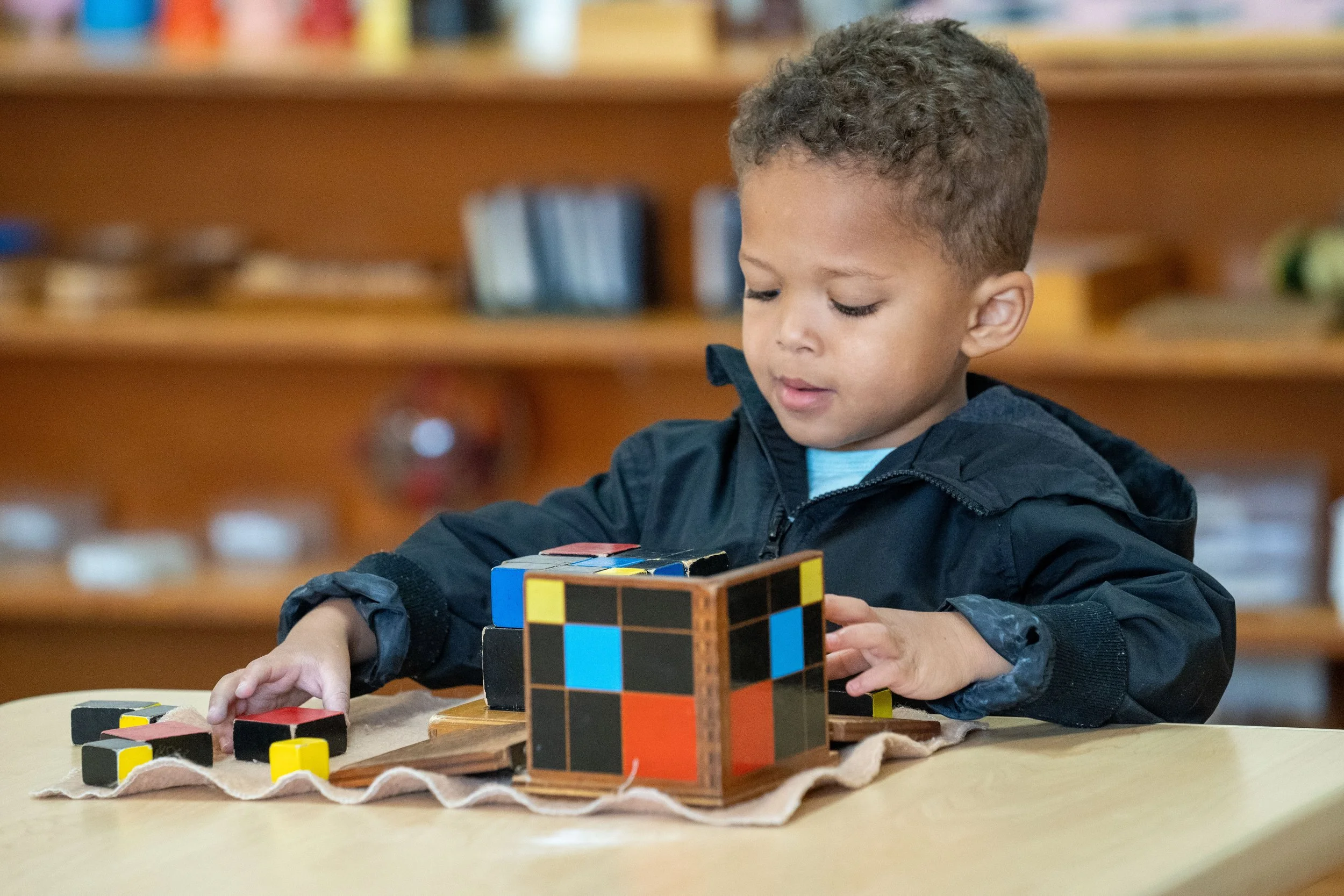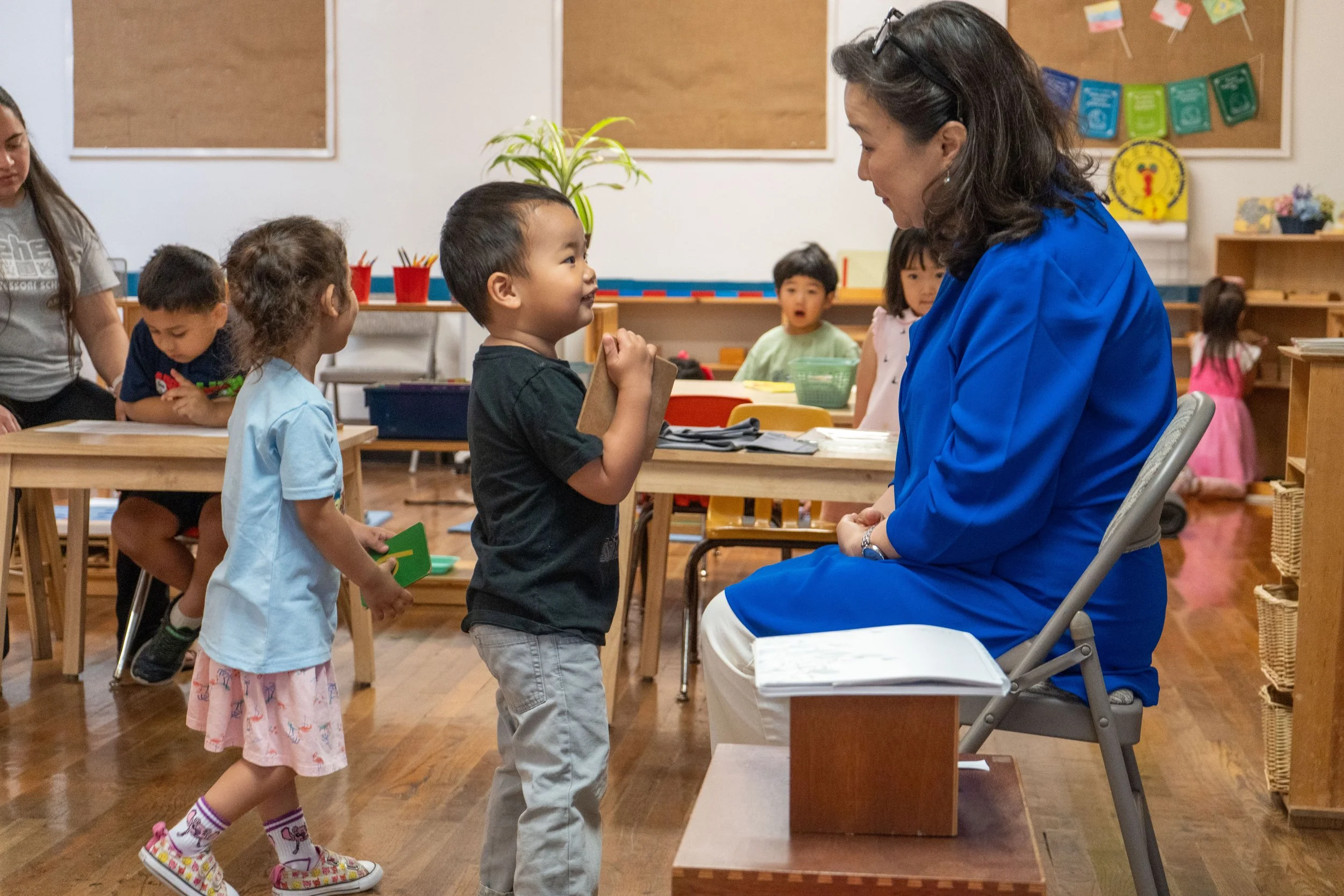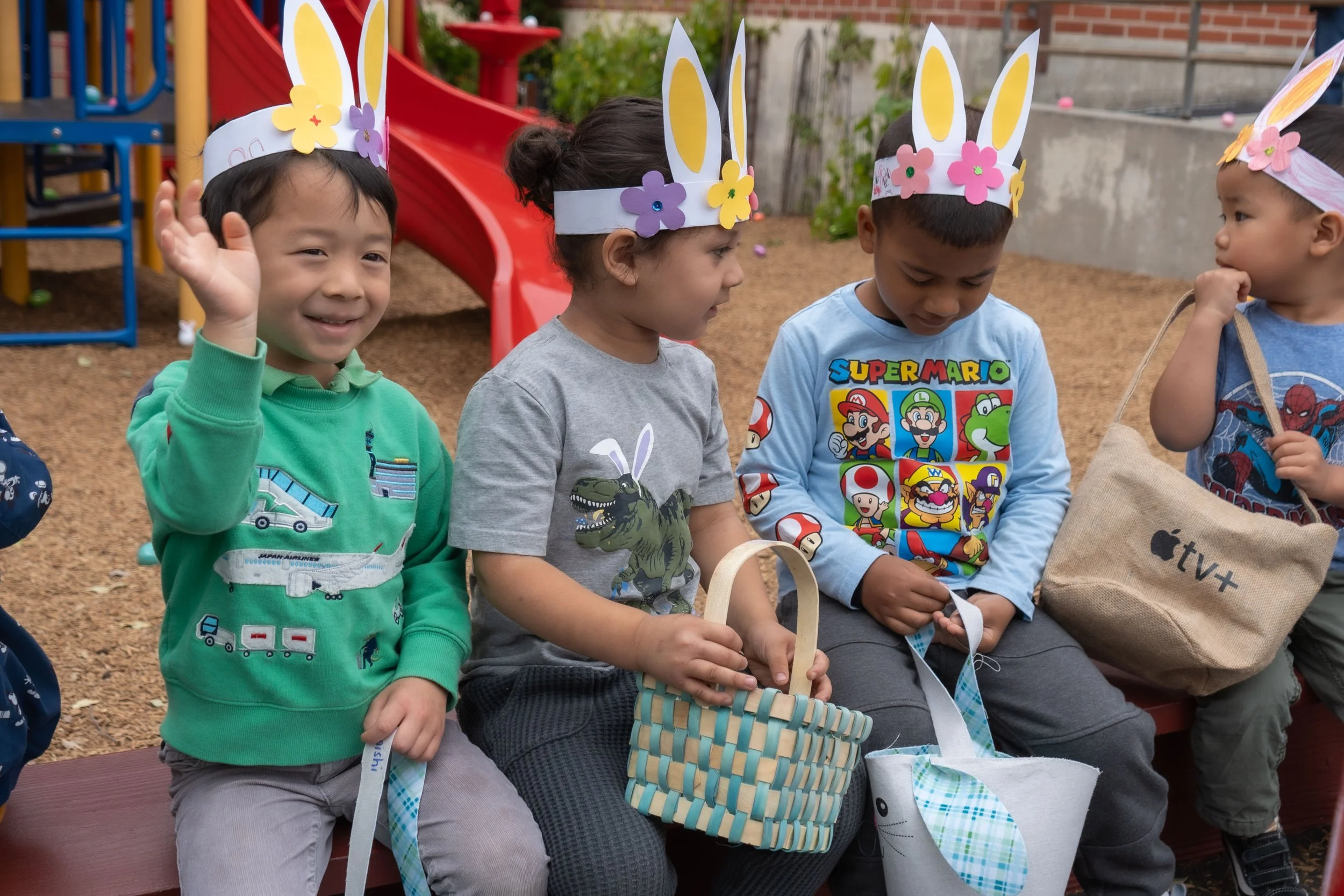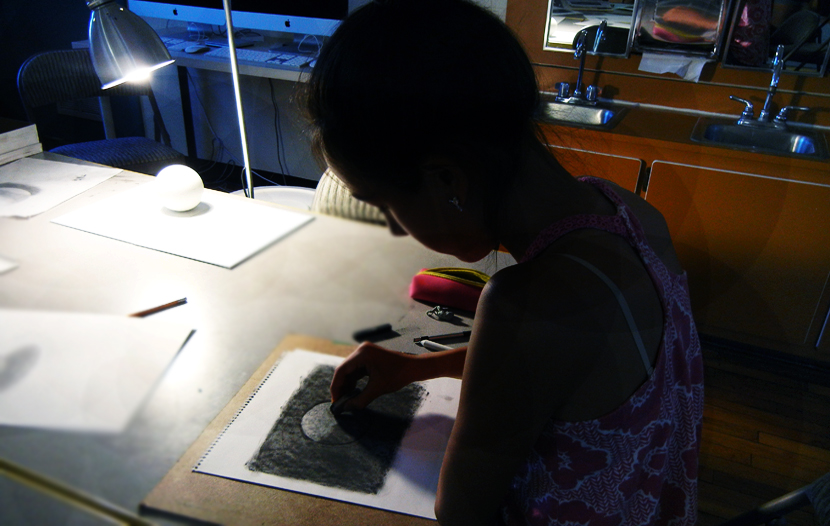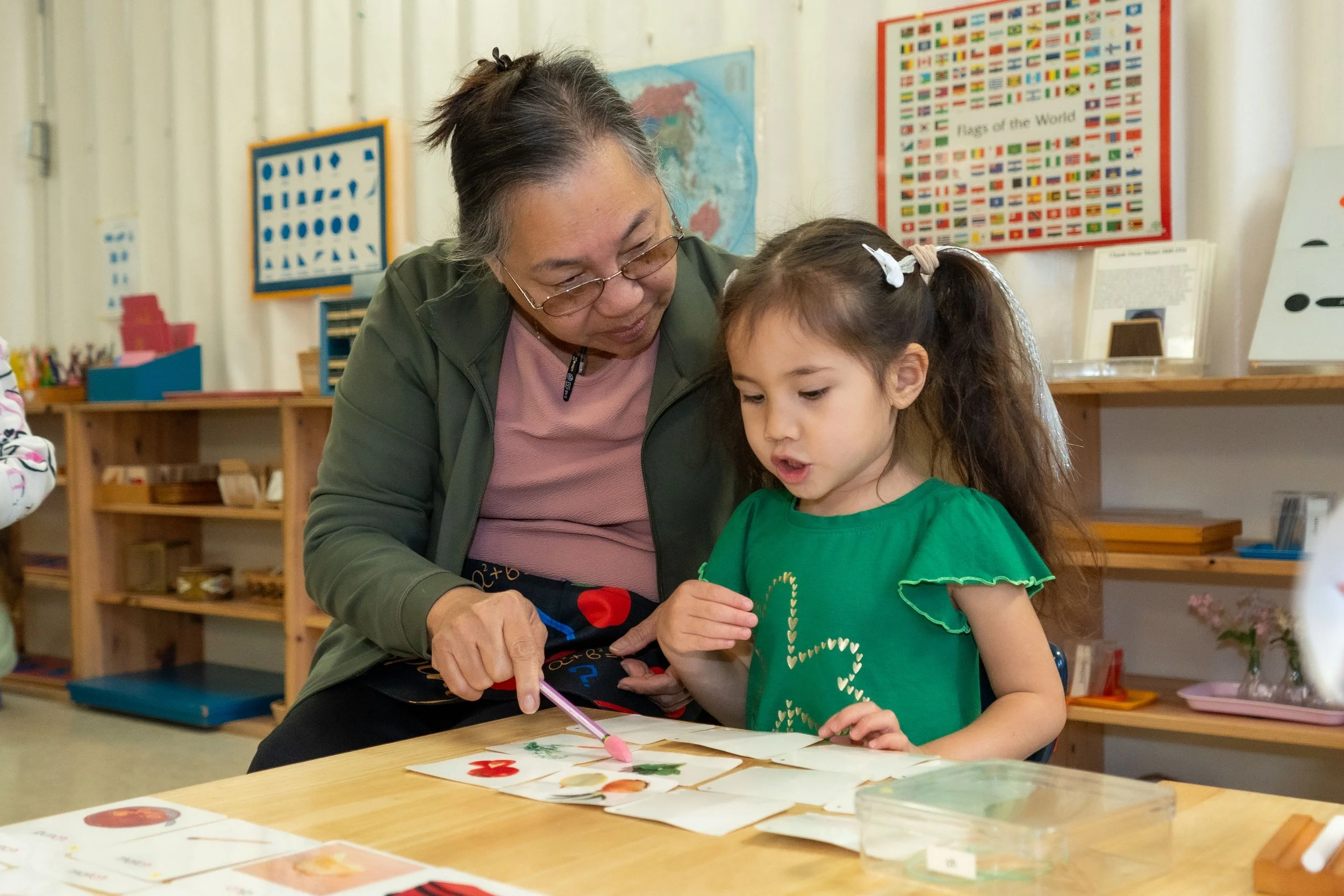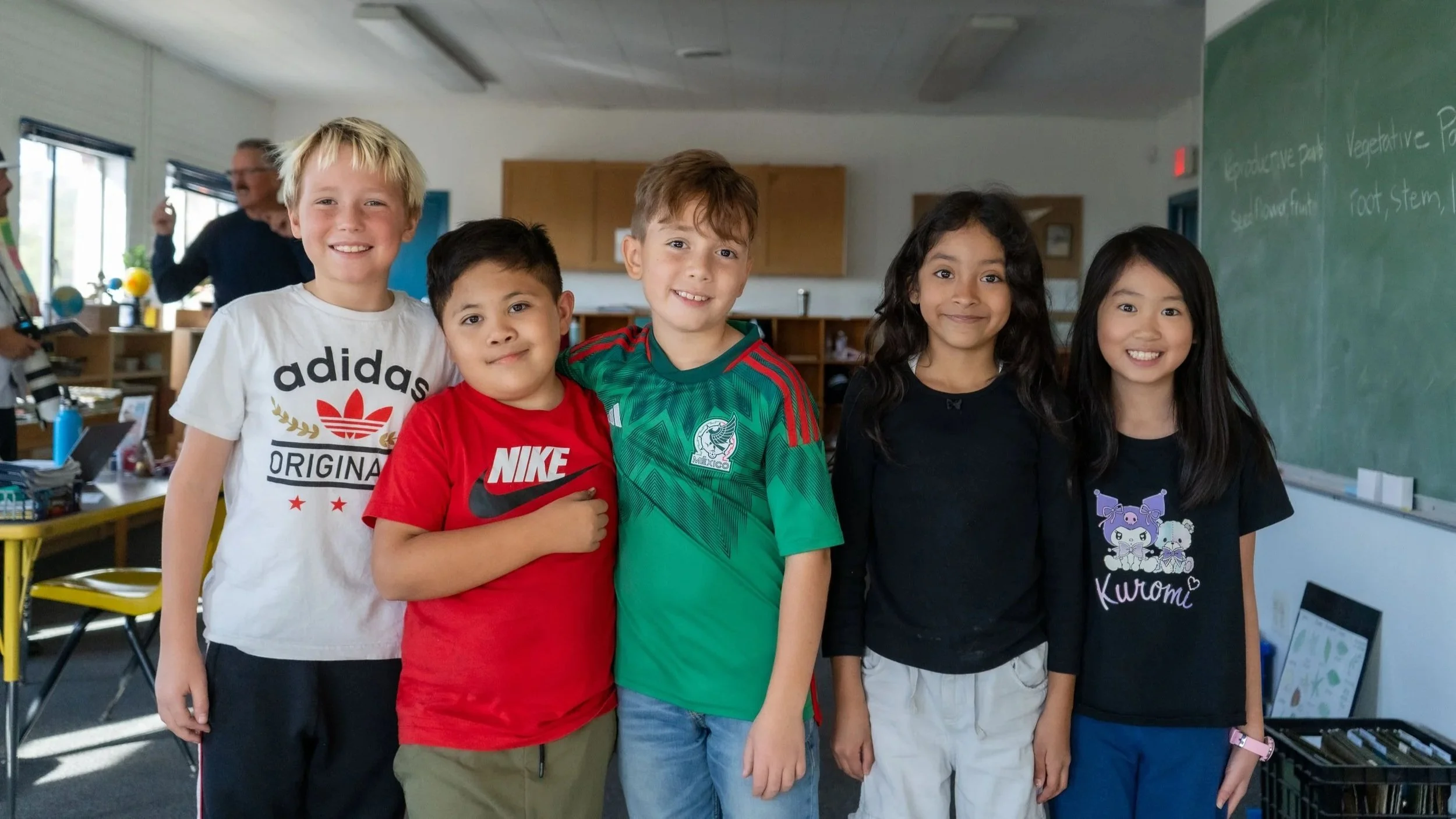Each child is valued as a unique individual.
Montessori education recognizes that children learn in different ways, and accommodates all learning styles. Students are also free to learn at their own pace, guided by the teacher and an individualized learning plan.
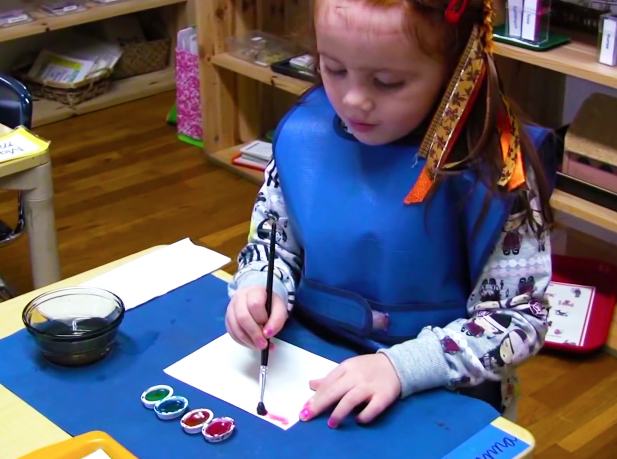
The Montessori Method
The [oldest fully AMI accredited school][1] in Los Angeles County celebrates 50 years. Meher Montessori Schools educate children using the authentic Montessori approach.
It is a view of the child as one who is naturally eager for knowledge and capable of initiating learning in a supportive, thoughtfully prepared learning environment. It is an approach that values the human spirit and the development of the whole child—physical, social, emotional, cognitive.
A Montessori parent's perspective (whiteboard video animation)


